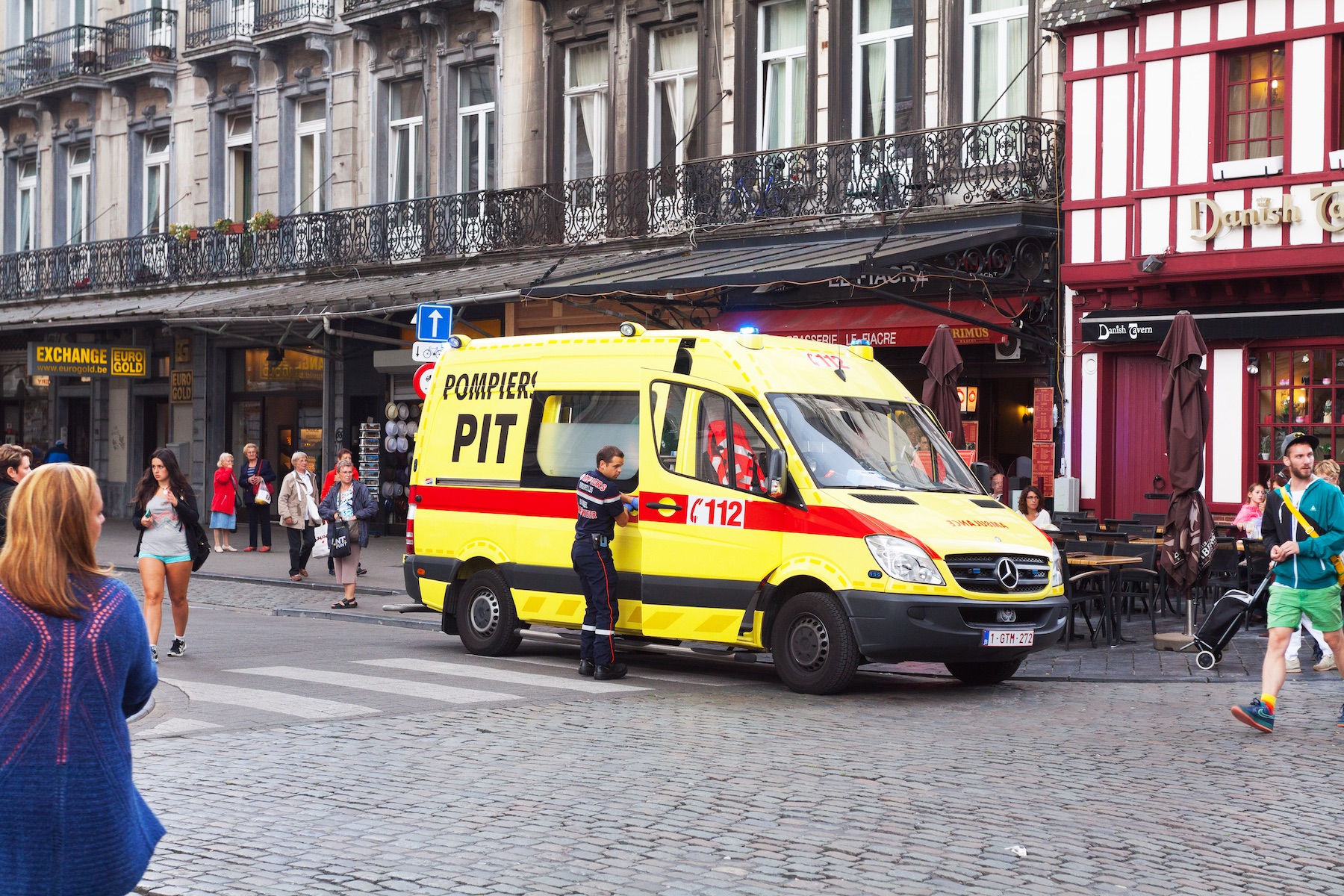Navigating the healthcare system in a new country can be challenging, especially when it comes to sexual health issues since different cultures have different attitudes towards sexuality. That said, expats living in Belgium can put their minds at ease because sexual health services are relatively easy to access in the country, and are often subsidized by the Belgian healthcare system.
In this article, we explain all you need to know about services for reproductive and sexual health in Belgium, including:
- Attitudes towards sex and sexual health in Belgium
- Accessing services for sexual health in Belgium
- Insurance for sexual and reproductive healthcare
- Contraception in Belgium
- Pregnancy and childbirth
- Getting an abortion in Belgium
- STIs and STDs
- Erectile dysfunction treatment
- Feminine hygiene products
- Cancer screenings
- Services dealing with sexual health in Belgium
- Services dealing with sexual abuse and assault
- Young people’s sexual health
- LGBT+ sexual health in Belgium
- Useful resources
Business & Expats Health Insurance
Looking for expat-friendly health insurance in Belgium? Business & Expats Health insurance provides a dedicated service for families, individuals, and businesses moving to Belgium. With competitive benefits, expert advice, and fast reimbursements on all treatments, choose Business & Expats today.
Attitudes towards sex and sexual health in Belgium
Belgium supports an open-minded and liberal attitude towards sex and sexual health. Its progressive sex education programs teach about sex as a normal and healthy act. Moreover, Belgium provides subsidized public healthcare for sexual health issues and has the best contraception policy in Europe. As a result, the country has an extremely low adolescent birth rate.

Belgium has also made big strides towards being an LGBT+ friendly country and its efforts go way beyond legalizing same-sex marriage and forbidding discrimination based on sexual orientation.
For instance, Belgian law grants lesbian couples and individuals equal access to fertility treatments. It also gives Belgians the right to legally change their gender and to have sex reassignment surgery if they wish to.
Accessing services for sexual health in Belgium
Belgium has a quality healthcare system that comprises both public and private healthcare. Anyone living in the country can access public healthcare services once they register with Belgian social security and sign up with a public health insurance fund.
The public healthcare system provides subsidized access to most services for sexual and reproductive health in Belgium. This includes abortion, anticonception, maternity care, cancer screenings, as well as STD and STI testing services. To access sexual health services, you can either get a referral from your GP/family doctor or approach a clinic or specialist yourself. However, you’ll need to check whether the clinic is part of the public healthcare system.
For services that are not covered under the public healthcare system, you can take out a private health insurance policy. Aside from this, your local pharmacy (Dutch: apotheek, French: pharmacie) can provide basic advice and over-the-counter medication for some minor problems, such as yeast infections and vaginal dryness. You can also purchase other items, such as pregnancy and ovulation tests, and the morning-after pill, directly at the pharmacy.
Platforms like Mobi Doctor also offer online, English-language consultations and prescriptions for a fee.
Insurance for sexual and reproductive healthcare
Belgium offers both public and private insurance coverage for healthcare. If you are living and working in Belgium, you will need to register with the social security services. You will also need to make contributions to a public health insurance fund, which will allow you to access the public healthcare services.
It is important to be aware that if you are in Belgium for a temporary stay or have recently moved there, you may not have access to local insurance. However, if you are an EU/EEA or Swiss citizen, you can still access the public healthcare system using your European Health Insurance Card (EHIC).

Notably, public health insurance funds only reimburse a percentage of the total medical costs. For this reason, many Belgian residents choose to take out an additional private insurance policy to help cover the remainder of the unsubsidized costs of public healthcare services. This also grants them access to private healthcare services throughout the country.
Some of the main companies that provide health insurance coverage for expats in Belgium include:
You can also find out more about health insurance in Belgium in our guide.
Contraception in Belgium
Belgium’s contraception policy ranks as the best across 46 European countries. Since 2020, the Belgian state reimburses all contraceptives for women under 25. Moreover, the morning-after pill is free for all women. In general, the birth control pill is the most common form of contraceptive used by Belgian women, followed by an intrauterine device (IUD).
You can purchase the morning-after pill at pharmacies in Belgium without a doctor’s prescription. The regular, 72-hour pill is also available for free if you provide your Belgian state registration number. You can also buy the ellaOne pill over the counter at pharmacies. It costs €16 and must be taken within 120 hours.
Other forms of contraception, including the birth control pill, are available with a doctor’s prescription. Notably, it is standard practice to consult your GP or gynecologist to assess the most suitable contraception option and get a prescription.
Contraception options in Belgium
There are several forms of contraception available in Belgium. However, their costs can vary widely depending on your age and insurance. Many public health insurance funds provide an annual reimbursement for contraception, so make sure you check your coverage with your insurance fund beforehand.

The different contraception options available in Belgium are:
- Birth control pill – Women under the age of 25 can get most of these for free or get a monthly discount of €3
- Condoms – Basic condoms for men cost €0.30 per piece and can be purchased at pharmacies and supermarkets. Condoms for women cost €2 per piece and are available to purchase at pharmacies or online.
- Hormonal IUD – Placing the device costs €119 to €148 for women over 25 and €0 to €65 for women under 25. The device works for five years.
- Copper IUD – Placing the device costs €47 to €129 for women over 25, but is free for women under 25. The device works for five to 10 years.
- Birth control shots – The Depo-Provera shot costs €8 per shot for women over 25 and €1 per shot for women under 25. The Sayana shot costs €30 for all women. Shots need to be taken every three months.
- Birth control implant – The implant costs €144 for women over 25 and €36 for women under 25 and works for three years.
- Birth control ring – A ring costs between €10 and €14 and lasts for one month. Women under 25 get a monthly discount of €3.
- Birth control patch – A pack of nine costs €34 and lasts for three months. Women under 25 get a monthly discount of €3.
- Diaphragm – The Caya Diaphragm costs €36 per piece and the FemCap costs €70 per piece. Diaphragms work for about two years.
- Sterilization operation – This can cost between €100 and €800 for women and between €40 and €400 for men.
Pregnancy and childbirth
With generous child benefit packages and insurance coverage, Belgium is a great place to have a baby. Both public and private health insurances provide good maternity coverage, which extends to prenatal and postnatal care.
If you are having a baby in Belgium, you can choose to give birth at home, at a hospital, or at a birth house or clinic. Your gynecologist can help determine your options based on your health and whether the pregnancy presents any risks. It is also good to know that the different regions in Belgium vary in their approach to providing maternity care services.
Fertility treatments in Belgium
Belgium is a worldwide pioneer in assisted reproductive treatments, such as in-vitro fertilization (IVF) and intracytoplasmic sperm injection (ICSI). If you are a Belgian resident and are registered with a public health insurance fund, most of your treatment costs will be reimbursed. The coverage extends for up to six complete treatment cycles and is available for women until the age of 44.
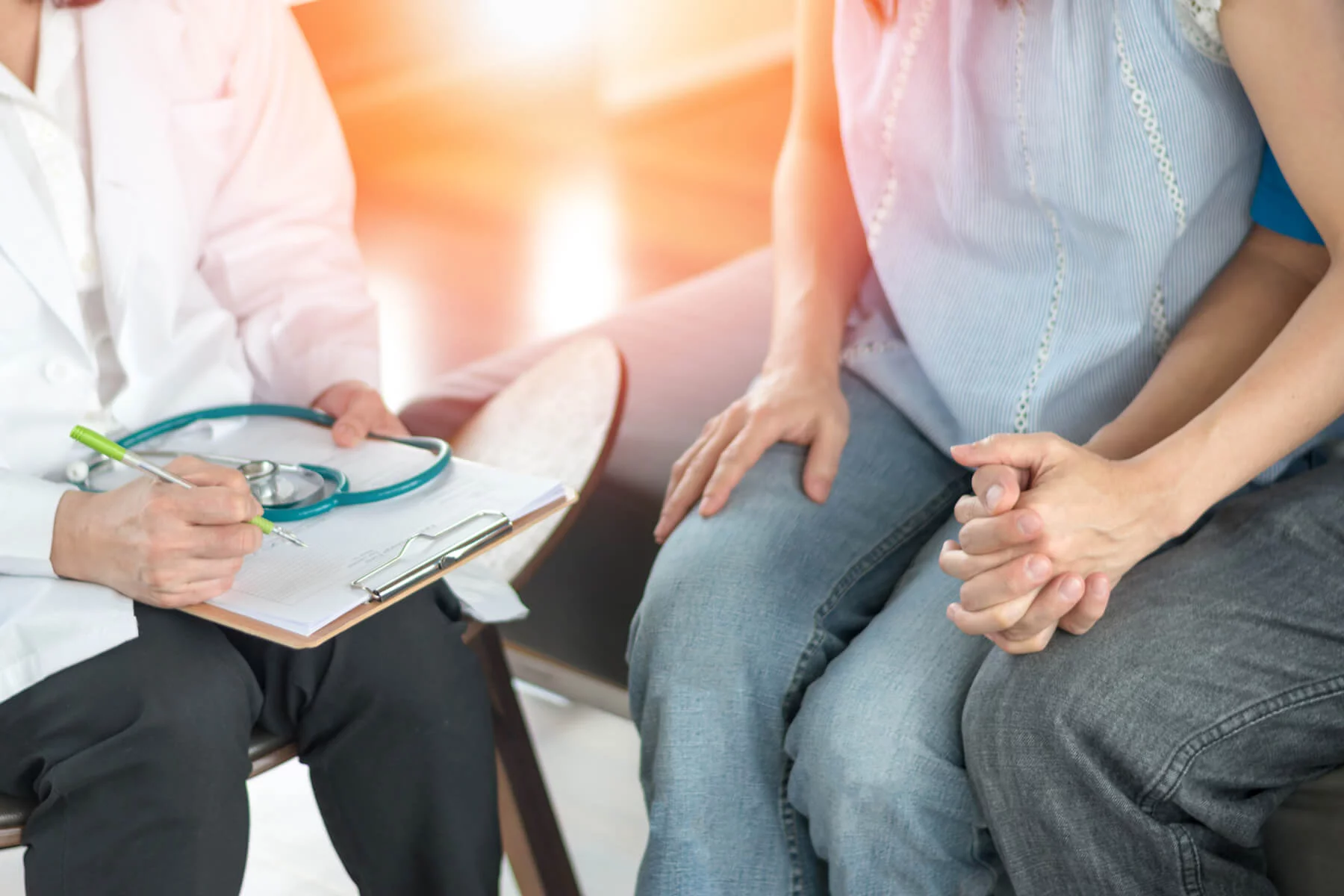
There are several fertility clinics across Belgium. You can approach clinics directly or get a referral from your GP. Notably, assisted reproductive treatments in Belgium are accessible to heterosexual couples, lesbian couples, and single women. Our guide to women’s healthcare in Belgium also provides more information on fertility treatments.
Getting an abortion in Belgium
Belgian law allows abortion until 12 weeks after conception, or 14 weeks after the last menstrual period. In 2018, Belgium fully decriminalized abortion and removed it from the penal code. Regardless, abortion rates remain low in the country, with 7.5 abortions per 1,000 women aged 15 to 44.
Abortion support is easily accessible across Belgium. You can ask your doctor or gynecologist to recommend a clinic or approach a center yourself. Different Belgian regions are serviced by different centers, including:
Abortion procedure and costs
In Belgium, women must undergo a counselling session six days before the abortion procedure and confirm they want to have an abortion. They have the right to make this decision independent of their partner, or parents in the case of girls under the age of 18.
The public healthcare system reimburses abortions almost entirely. For this, the abortion clinic must have an agreement with the National Institute for Health and Disability Insurance (INAMI in Dutch, RIZIV in French).
If you are not covered by a Belgian public health insurance fund, you will have to pay for the procedure yourself. However, if this is not possible, your regional family planning or abortion center can help look for solutions to meeting the costs. You can read more about abortion procedures and costs in our guide to pregnancy in Belgium. You can also find information in English on these sites:
STIs and STDs
Belgium has high rates of STIs and STDs compared to many other European countries. Chlamydia is the most prevalent STI in Belgium, and infections are more common among women, particularly in the 20 to 24 age group. Gonorrhea and syphilis are frequently tested among men but are far less prevalent. In 2018, Belgium recorded 80 cases of chlamydia, 19 cases of gonorrhea, and 14 cases of syphilis per 100,000 people.
STI and STD testing
If you need to get tested for an STI or STD in Belgium, you can go to your GP, gynecologist, or urologist. They will conduct the test and send samples to the lab for analysis. Your public health insurance fund will reimburse the test and the doctor’s consultation for the most part.
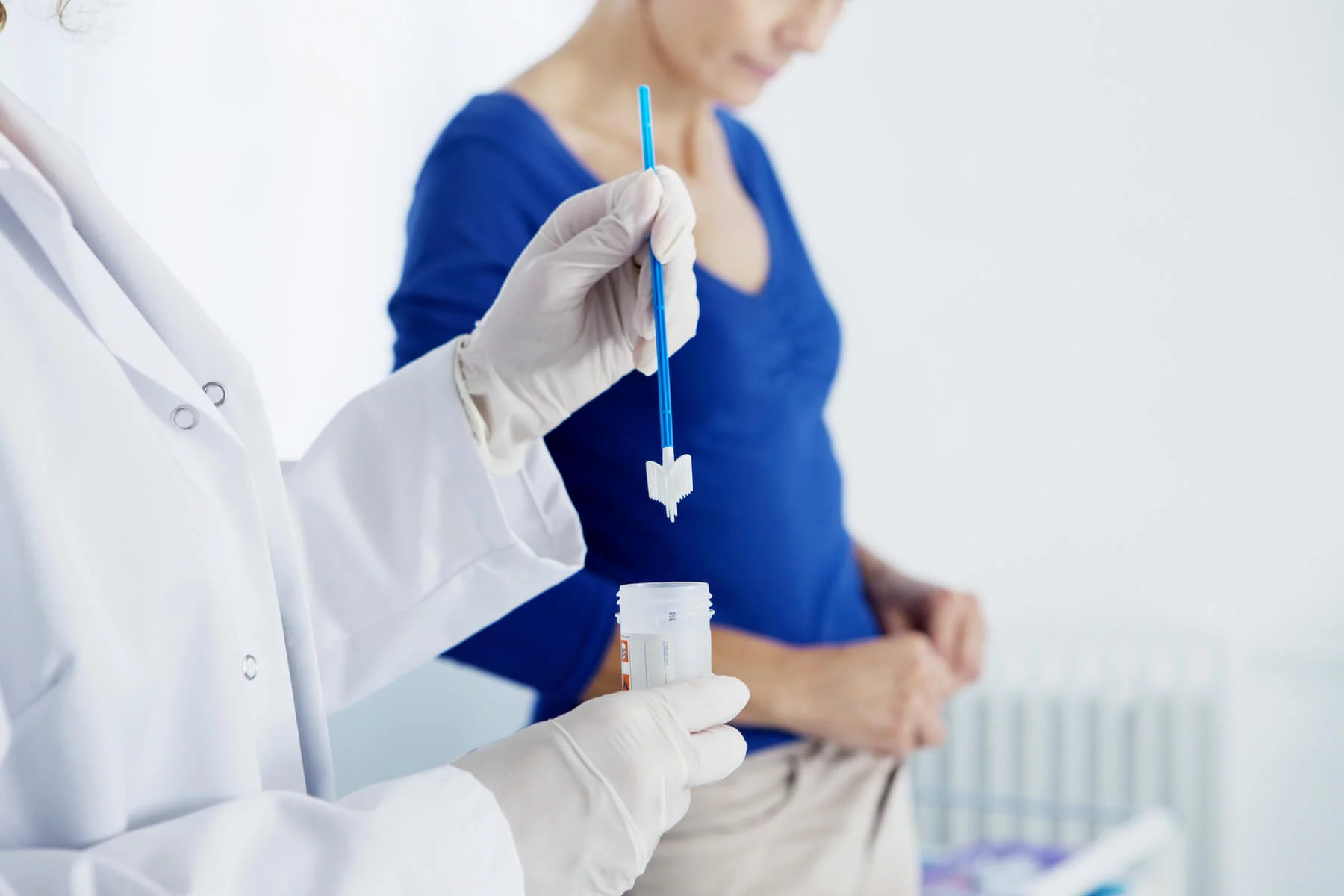
Alternatively, you can buy STI and STD tests online. These allow you to take a sample at home and send it to a professional lab for testing. Abelcare is a reliable home-test provider that serves the Belgian market (with information in English). Its standard self-administered STD test costs €49. However, just keep in mind that your public health insurance fund might not reimburse tests bought online.
You can also get tested anonymously at certain specialized STI and STD testing centers across the country. These include the Helpcenter ITG in Antwerp and the S clinic in Brussels. These centers work by appointment and give priority to people from high-risk and vulnerable groups. They also provide advice and therapy to lower your risk of contracting STIs and STDs.
If you test positive, your doctor will prescribe medication to treat the infection or symptoms. Treatment generally involves antibiotics or topical creams. Notably, your public health insurance fund will partly or fully reimburse medication prescribed by the doctor.
Pap smear tests
Women living in Belgium have access to regular pap smear tests to check for cervical cancer and STIs, such as the Human Papilloma Virus (HPV). You can go to your GP or gynecologist to get tested. It’s good to know that the Belgian public healthcare system reimburses a pap test taken once every three years. You can read more about pap smear tests in our guide to women’s healthcare in Belgium.
HIV/AIDS in Belgium
HIV diagnoses in Belgium remain relatively high, with 882 new cases in 2018. The majority (69%) of these cases were diagnosed in men. Moreover, 68% of the cases were diagnosed in the 25 to 40 age group.
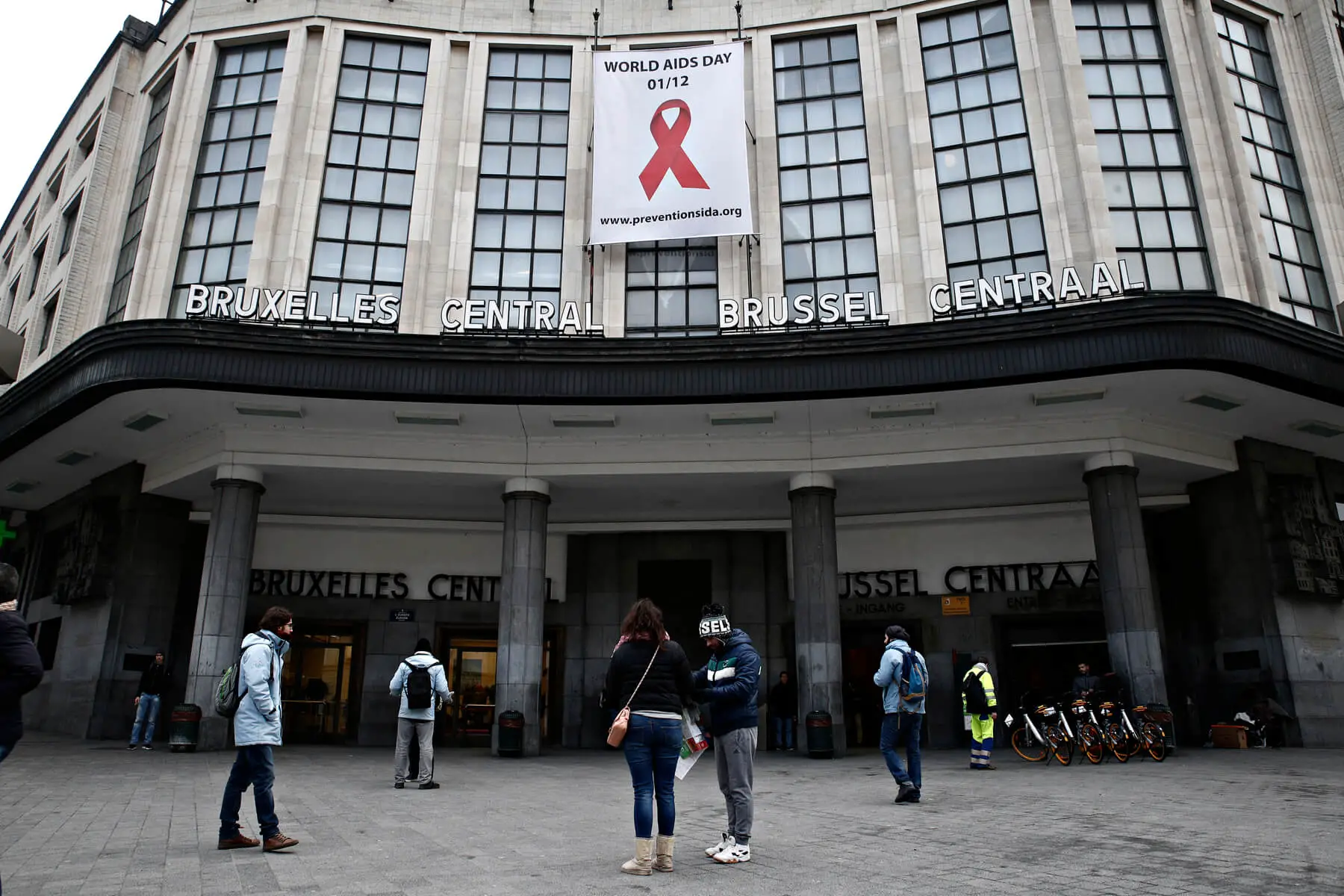
To prevent the spread of HIV, the Belgian state offers affordable and accessible testing and free antiretroviral therapy. You can go to your GP for an HIV test and your public health insurance fund will reimburse around 80% of the costs. Alternatively, you can buy a reliable HIV self-test with a CE label for around €30. It is also possible to get a free and anonymous test at specialized centers such as Helpcenter ITG in Antwerp and S clinic in Brussels.
HIV/AIDS treatments in Belgium
If you have recently been exposed to HIV, you can ask for post-exposure prophylaxis (PEP) treatment. If taken within the first 72 hours of the exposure, PEP can stop the virus from spreading. Other preventative treatments for HIV include pre-exposure prophylaxis (PrEP). PrEP greatly reduces the risk of getting HIV. In Belgium, the public healthcare system partly reimburses PrEP if you fall within a high-risk group.
If you test positive for HIV, it is best to seek treatment at a specialized AIDS reference center. The Belgian public healthcare system fully reimburses antiretroviral treatments provided by these centers. Furthermore, the centers often provide access to counseling services that can be of great help to patients dealing with the condition. At present, Belgium has no entry or residency restrictions for people with HIV/AIDS.
Erectile dysfunction treatment
If you are experiencing erectile dysfunction issues, your GP is the first point of contact. They may prescribe medication or refer you to an andrologist or urologist. In Belgium, you can also directly consult a specialist. However, getting a referral from your GP will allow you to access public healthcare services and benefits. Specialized treatments may include hormone medication or injections, an implant, or psychotherapy.
For minor issues, you can also consult your local pharmacy and purchase over-the-counter medication such as Levitra and Sildenafil. Aside from this, your pharmacy can advise you on natural remedies and supplements. All these options are also available for purchase online.
Feminine hygiene products
Belgium offers a wide array of feminine hygiene products. Disposable sanitary pads and tampons are available at supermarkets and pharmacies across the country. Additionally, you can buy menstrual cups, reusable menstrual pads, and reusable period underwear at eco-stores or online.

While most insurances don’t cover feminine hygiene products, a few Belgian public health insurance funds offer special provisions, such as a free menstrual cup for women aged 14 to 25. In 2018, the Belgian Chamber of Representatives voted to lower VAT on female sanitary products to 6%. There is also a call by several organizations in the country to make menstrual products free.
Cancer screenings
Belgium ranks sixth among countries with the highest cancer rates. It has an age-standardized cancer rate of 346 people per 100,000. In 2019, the country had 71,651 new cases of cancer. Out of these, 38,572 (53.8%) were men and 33,079 (46.2%) were women.
Regular screening is a big part of the country’s cancer prevention approach. However, the Belgian regions are individually responsible for implementing preventative care. As a result, each region organizes cancer screenings differently.
Screening for cervical cancer
Around 640 women are diagnosed with cervical cancer in Belgium each year. The process for cervical cancer screening differs between regions. In Flanders, all women aged 25 to 64 years receive an invitation by mail for a pap smear test once every three years. However, in Brussels and Wallonia, they have to ask for the test themselves.
If you need to get a Pap smear test in Belgium, you can go to your GP or gynecologist. The doctor will take a vaginal swab and send it to the lab for testing. The procedure takes about 10 minutes and results are available in two weeks. Public health insurance completely covers a pap smear test once every three years.
In addition, all regions offer HPV vaccines to girls and young women to increase protection against cervical cancer. Vaccinations are either free or may be partially reimbursed depending on the region and age group.
Screening for breast cancer
Belgium has the highest rate of breast cancer worldwide. The Belgian Foundation Against Breast Cancer reports around 11,000 diagnoses of breast cancer in the country every year. This roughly amounts to 188 in every 100,000 women. Fortunately, breast cancer recovery rates in Belgium are around 90% if the tumor is identified in the early stages.
Women in Belgium between the ages of 50 and 69 receive free breast cancer screening every two years. If you are in this age group, you will receive an invitation for a screening. Alternatively, your doctor or GP can prescribe one for you.
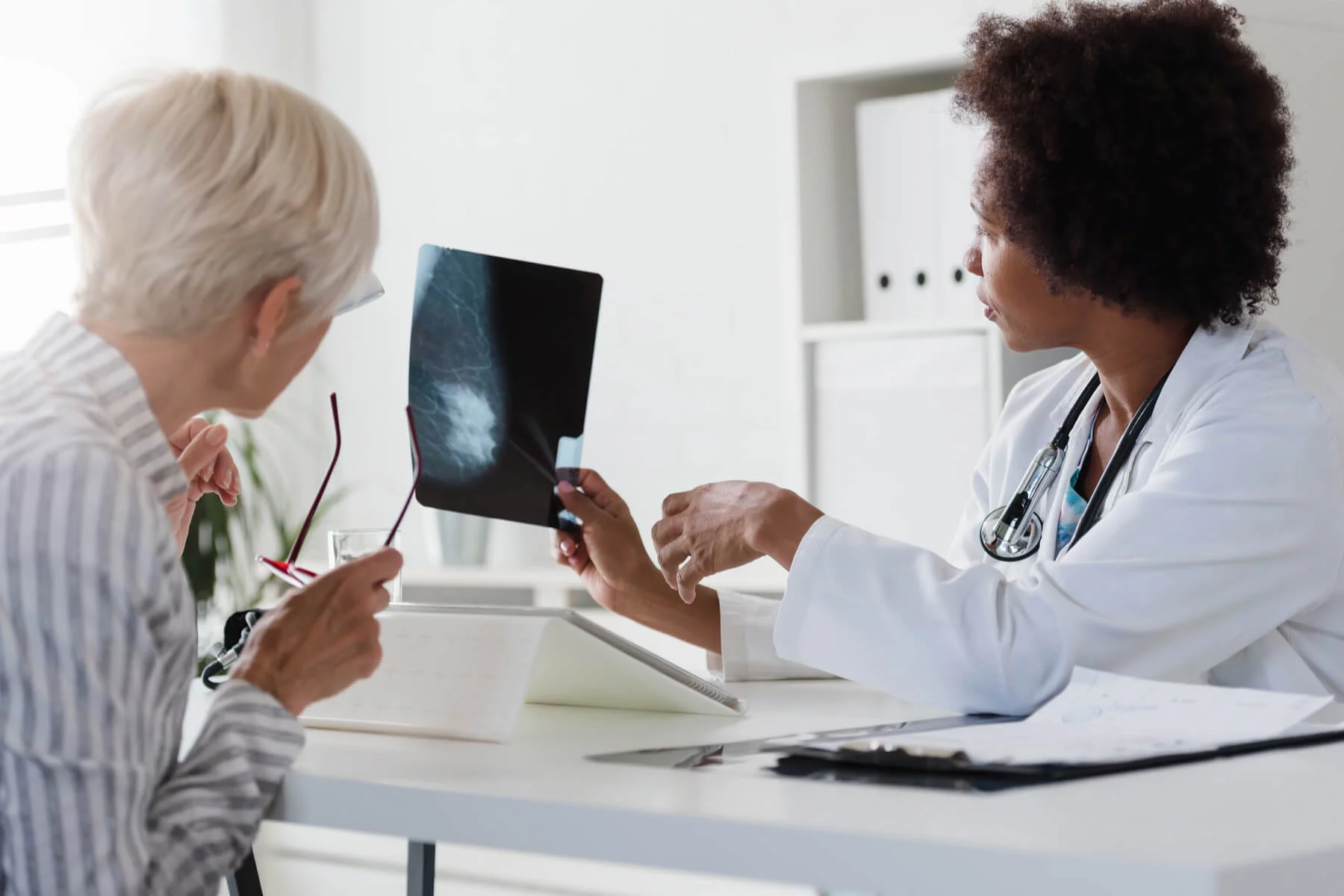
During the screening, a radiologist or specialist will take a frontal and profile X-ray photo of each breast. Your breasts are pressed between two plastic plates to take the X-ray, which may cause slight discomfort. The test procedure takes about half an hour, and the results are sent to both you and your doctor in about three weeks.
Notably, screenings are usually not recommended for women outside of the 50 to 69 age group. In this case, the benefits of testing do not outweigh the risks. That said, if you have immediate relatives who have been diagnosed with breast cancer at a young age, you should ask your GP for advice.
Screening for ovarian cancer
The Belgian Cancer Registry recorded 748 new cases of ovarian cancer in 2018. Nevertheless, there are no federal or regional screening programs for ovarian cancer in Belgium. It is best to consult your GP if you have a family history of ovarian cancer or experience some of the symptoms. In this case, the GP may refer you to a specialist for screening if needed.
Ovarian cancer screening usually involves a combination of a physical exam, an ultrasound, and a blood test. The doctor can further perform a laparoscopy and a biopsy if cancer is suspected. Your public healthcare fund will likely reimburse the costs for the most part if the screening center is part of the public healthcare system. However, it is worthwhile checking your coverage to make sure.
Screening for prostate cancer
Prostate cancer is the most frequently diagnosed form of cancer among men in Belgium. In 2020, over 8000 new cases of prostate cancer were recorded in the country. The PSA test is the routine procedure for prostate cancer screening. It involves a simple blood test that determines the level of prostate-specific antigen (PSA) in the blood. An increased level of PSA can indicate cancer, but this will have to be confirmed with follow-up tests. Another way to screen for prostate cancer is a digital rectal exam, although this is usually less effective.
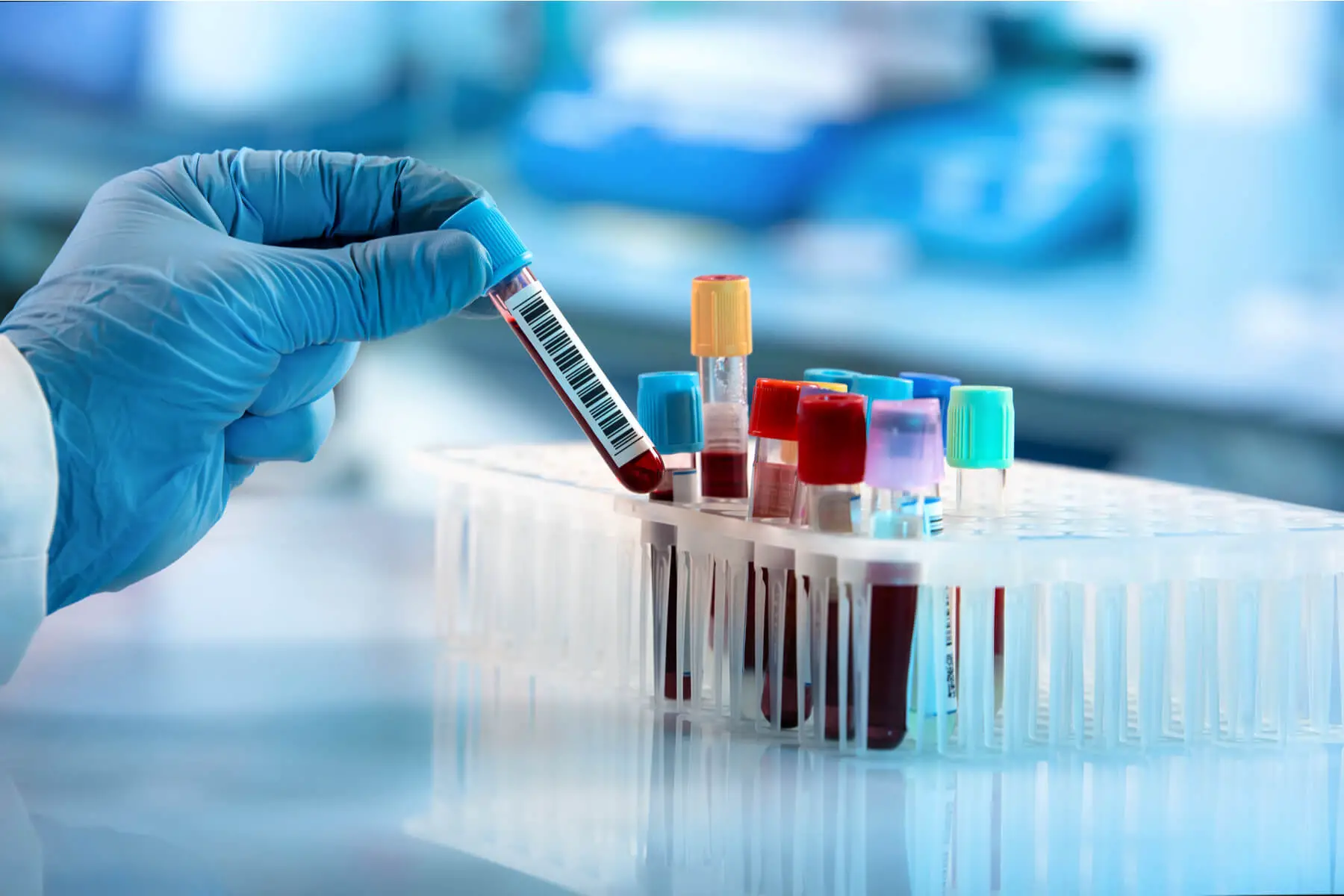
Belgium has no regular prostate cancer screening programs. However, you can consult your GP about getting tested if you are at a higher risk. If you are over 40 and have an immediate relative with prostate cancer, you will be reimbursed by the state for one PSA test a year.
Screening for testicular cancer
Each year, around 400 new cases of testicular cancer are registered in Belgium. If you experience symptoms or have concerns related to testicular cancer, you can consult your GP or urologist. They can determine whether you need further testing after a physical exam. Further screening procedures usually involve a blood test and ultrasound.
Screening for penile cancer
Penile cancer is extremely rare in Belgium, with 108 new cases recorded in 2018. There are no screening programs for penile cancer. However, you can approach your GP or urologist if you have concerns and they can prescribe further tests. If you are over 50 and fall within a higher risk group, you can also ask your GP or urologist to conduct an annual digital screening of your prostate and genitals.
Services dealing with sexual health in Belgium
Approaching a GP/family doctor or a specialist, such as a gynecologist or a urologist, is fairly easy in Belgium. You can choose your own GP and also directly approach a specialist. However, asking your GP for a referral to see a specialist is usually the cheaper route.
In addition to physical healthcare, you may want to seek psychological care, such as counseling or therapy, for certain sexual health issues. And there are several different options available in Belgium, as follows.
Sex advice and therapy
In Flanders, Sensoa provides free sexual health advice through its platforms allesoverseks.be (in Dutch) and zanzu.be (in English and 13 other languages). Meanwhile, Helpcenter ITG in Antwerp offers free advice and sex therapy to lower STD and HIV risks.
In Brussels and Wallonia, FLCPF (La Fédération Laïque de Centres de Planning Familial) is an association of family planning centers. They offer medical care as well as consultations with psychologists and sex therapists at a cost of €20 to €30 per session.
You can make an appointment with a psychologist or sex therapist directly in Belgium. However, it might be better to get a referral from your GP to find an appropriate service in your preferred language. You will also need to check what percentage of costs your public and private insurance providers cover, as well as the number of sessions. You can read more about finding a therapist in our guide to mental healthcare in Belgium.
Services dealing with sexual abuse and assault
If you have experienced sexual abuse or assault in Belgium, you can directly call the police to file a complaint. You can also go to your GP or the emergency department at a hospital for immediate help. The doctor or hospital can then get in touch with the police for you.
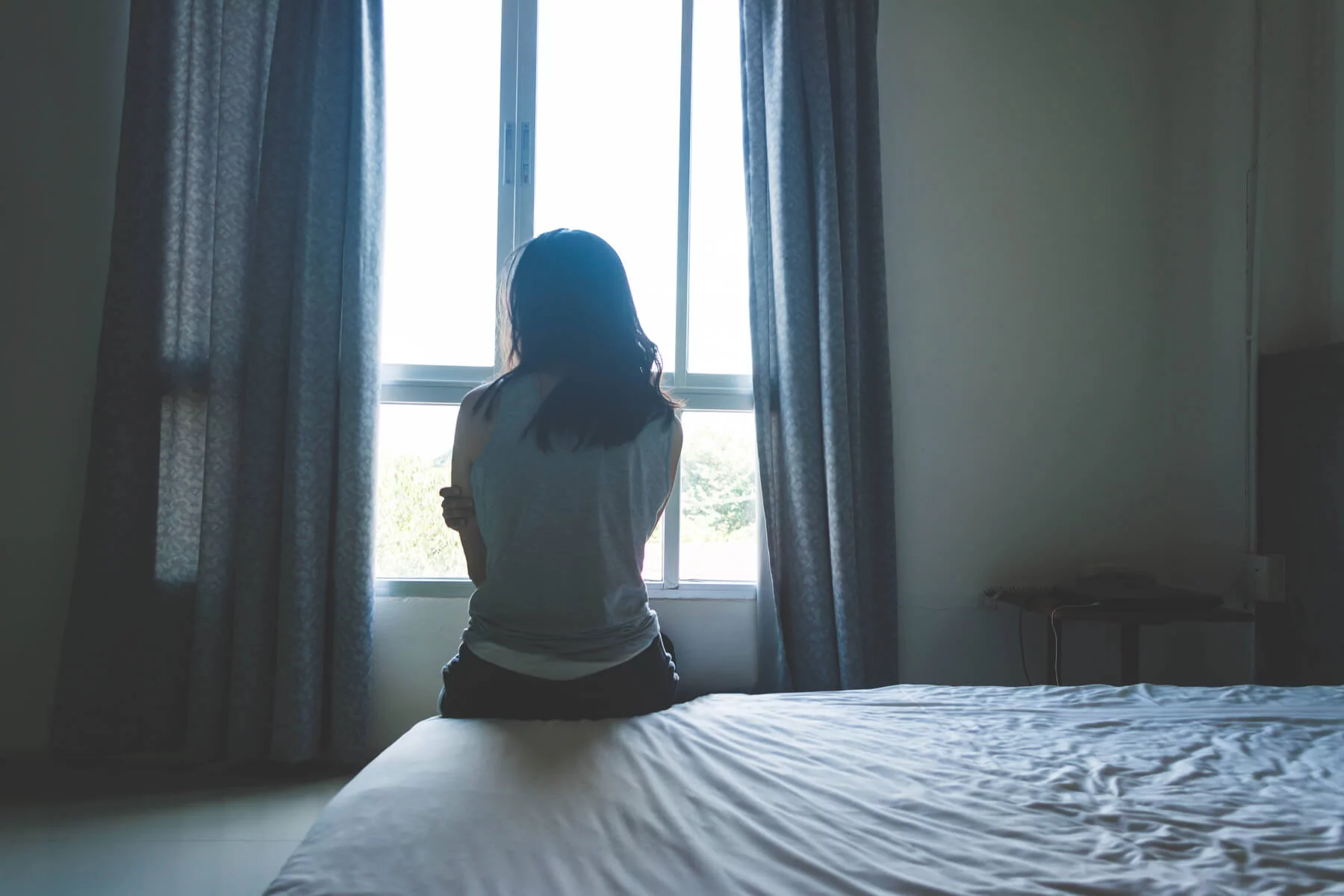
Belgium has special care centers for victims of sexual abuse and assault. You can find these centers listed as Zorgcentrum na Seksueel Geweld (ZSG) in Dutch and Centre de Prise en Charge des Violences Sexuelles (CPVS) in French. These centers are located in hospitals across different Belgian cities and offer immediate medical and psychological care. They also help with forensic investigation, filing a police complaint, and follow-up care. Additionally, there are several helplines you can contact, including:
- CAW (in Dutch)
- Community Help Service (CHS) (in English)
- Helpline 1712 (in Dutch)
- S.O.S. VIOL (in French)
Young people’s sexual health
Sex education is a mandatory practice in the Belgian education system. However, each Belgian region follows a different approach in how it teaches youth about sex and sexual health. For instance, in Flanders, schools integrate sex education into the curriculum under different subjects such as biology, religion, and philosophy. However, in Brussels and Wallonia, trained staff from the FLCPF family planning centers provide sex education at schools as well as at the centers.
Overall, sex education in Belgium covers the emotional aspects of sex in addition to sexual health. It treats sex as a normal and positive act and focuses on the importance of healthy relationships. The results of this approach are evident in Belgium’s declining adolescent birth rate which is currently around 4 and among the lowest in the world. However, the country still has work to do to promote safe sex and a good understanding of sexual consent among its youth.
Services for young people’s sexual health
The Flemish expertise center for sexual health, Sensoa, implements several awareness campaigns that target youth in Flanders. This includes running the website allesoverseks.be (in Dutch) to provide easily accessible information on sex and sexual health topics. Additionally, Helpline 1712 (in Dutch) has a separate helpline to help youth below the age of 18 who are experiencing sexual abuse.
In Brussels and Wallonia, the family planning centers under the FLCPF (La Fédération Laïque de Centres de Planning Familial) offer counseling and advice services, as well as medical support for abortion and STI and STD testing.
LGBT+ sexual health in Belgium
Same-sex relationships in Belgium
Belgium boasts a liberal attitude towards LGBT+ relationships. The country’s efforts go beyond legalizing same-sex marriage and forbidding discrimination based on sexual orientation.

When it comes to adopting children, the law in Belgium grants same-sex couples the same rights as opposite-sex couples. It also gives lesbian couples and individuals the right to medically assisted fertility treatments. Moreover, Belgian residents have the right to legally change their gender and have sex reassignment surgery if they wish to.
Sexual health services for the LGBT+ community
All Belgian residents, regardless of their sexual orientation, are entitled to the same level of medical access and care. Furthermore, Belgium has specific services and centers geared towards helping the LGBT+ community. These include free and anonymous centers, such as Helpcenter ITG and the S clinic, which provide testing and other support services for STIs and HIV. Additionally, the non-profit organizations Exaequo and CHS offer sexual and mental health support to the LGBT+ community in English.
Useful resources
- Zanzu – offers information on sexual health topics in English and 13 other languages
- Allesoverseks (in Dutch) – a public information website on sex and sexual health topics run by the Flemish expertise center for sexual health
- FLCPF (in French) – a list of family planning centers in Brussels and Wallonia
- Community Health Service (CHS) – a helpline and mental health support for Belgian residents in English
- Exaequo – a non-profit organization that offers sexual health support services to the LGBT+ community in Belgium
- Helpcenter ITG – a specialized STI and HIV center in Antwerp
- Allesoverkanker (in Dutch) – a website that details procedures and costs of cancer screenings and treatments in Belgium
- Community health centers – a map and contact details of community health centers across Belgium
- Apotheek.be (in French and Dutch) – a Belgian website that allows you to locate your nearest pharmacy



